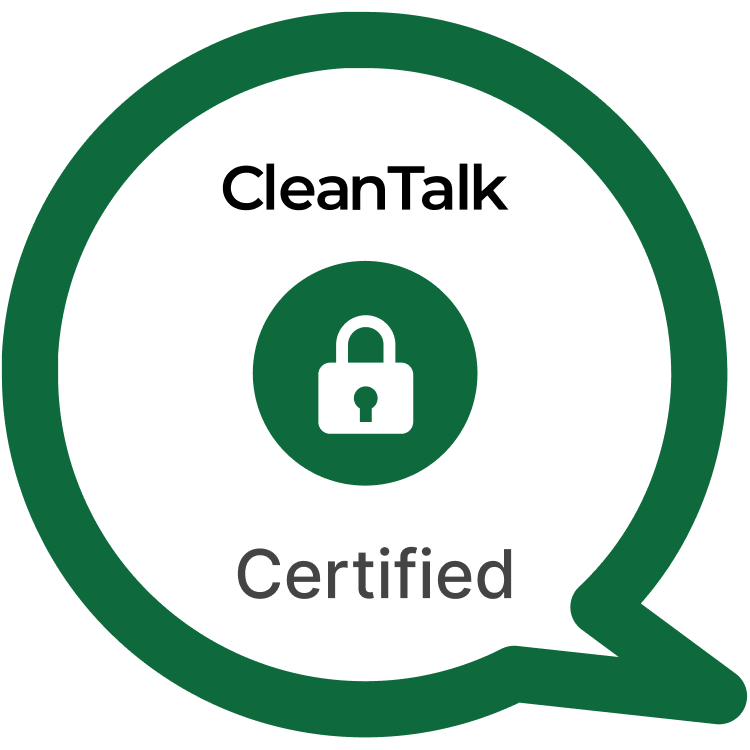Cross-Site Scripting (XSS) remains one of the most prevalent and dangerous vulnerabilities affecting WordPress plugins, especially those that allow user-generated content. In the Easy Contact Form Lite plugin (versions prior to 1.1.29), a stored XSS vulnerability was discovered that allows Contributor-level users to inject persistent JavaScript into the form’s placeholder field. This can lead to session hijacking, site defacement, and privilege escalation attacks if exploited by a malicious user.
CVE-2025-3583 – Newsletter – Stored XSS to JS Backdoor Creation – POC

The WordPress ecosystem is vast, with thousands of plugins extending its core functionality. However, the flexibility of these plugins can come at the cost of security if developers don’t adhere to strict input sanitization and output escaping practices. One such vulnerability was discovered in the popular Newsletter plugin, which is installed on over 300,000 websites. The issue, now identified as CVE-2025-3583, allows for Stored Cross-Site Scripting (XSS) that can be weaponized into a JavaScript backdoor, enabling attackers to hijack administrator accounts and compromise the entire site.
CVE-2025-5194 – WP Map Block by aBlocks < 2.0.3 – Contributor+ Stored XSS via Marker – POC

Stored Cross-Site Scripting (XSS) vulnerabilities continue to pose significant risks to WordPress websites, especially those utilizing Gutenberg-compatible plugins for dynamic content embedding. A critical stored XSS vulnerability (CVE-2025-5194) was recently discovered in the WP Map Block plugin, which has since merged with aBlocks. The flaw allows users with Contributor or higher privileges to inject persistent JavaScript payloads through the map marker content, potentially compromising site integrity and administrative accounts.
CVE-2025-3471 – SureForms – Broken Access Control to Settings Updating (Contributor +) – POC

In the modern WordPress ecosystem, the principle of least privilege is critical for maintaining site security. It ensures that users can only perform actions strictly necessary for their roles. However, when plugins break this fundamental principle, even seemingly harmless user roles such as “Contributor” can exploit the system and execute powerful administrative actions. This is precisely the case with CVE-2025-3471—a Broken Access Control vulnerability discovered in the SureForms plugin.
CVE-2025-3514 – SureForms – Stored XSS to JS Backdoor Creation – POC

SureForms is a powerful and widely adopted WordPress plugin used for creating customizable forms. With over 200,000 active installations, it is trusted by site administrators for building contact, feedback, and survey forms with ease. However, during a recent plugin assessment, a critical vulnerability was uncovered — a Stored Cross-Site Scripting (XSS) flaw — which allows malicious JavaScript injection through form field attributes. This vulnerability can be exploited by an editor to trigger a JavaScript backdoor, potentially leading to full administrative compromise.
CVE-2025-3513 – SureForms – Stored XSS to JS Backdoor Creation – POC

SureForms is a widely used WordPress plugin for creating custom forms with a drag-and-drop interface. With over 200,000 active installations, it powers contact forms, feedback tools, and opt-in flows on thousands of websites. During a recent security audit, a critical vulnerability — Stored Cross-Site Scripting (XSS) — was identified. This flaw enables a user with editor-level privileges to inject persistent JavaScript into the form confirmation message. When exploited, this vulnerability can lead to JavaScript backdoor creation and full admin account takeover.
CVE-2025-3504 – WP Maps – Stored XSS to JS Backdoor Creation – POC

The WP Maps plugin is a popular solution for adding interactive maps to WordPress sites, boasting over 80,000 installations. However, during a security assessment, a severe vulnerability was discovered — a Stored Cross-Site Scripting (XSS) flaw that can be leveraged by an attacker with editor privileges to inject persistent JavaScript code. This code is later executed in the context of an administrator, potentially resulting in full site takeover.
Plugin Security Certification (PSC-2024-64574): “Solid Security – Password, Two Factor Authentication, and Brute Force Protection” – Version 9.4.3: Use Security Plugin with Enhanced Security

Solid Security – Password, Two Factor Authentication, and Brute Force Protection is a comprehensive WordPress security plugin designed to protect websites from the most common and dangerous cyber threats. With a proactive security strategy, this plugin guards against brute force attacks, malware infections, session hijacking, and unauthorized logins. Built to adapt to various types of websites – from eCommerce to blogs – Solid Security provides real-time monitoring, intelligent user-level protection, and automated vulnerability patching. The plugin has undergone a detailed security audit and successfully received the Plugin Security Certification (PSC) from CleanTalk, guaranteeing robust code integrity and secure implementation practices for WordPress environments.
CVE-2025-3503 – WP Maps – Stored XSS to JS Backdoor Creation – POC

The WP Maps plugin for WordPress, with over 80,000 active installations, provides an easy interface for users to create interactive maps on their websites. However, in the course of a routine security assessment, a serious vulnerability was identified — CVE-2025-3503. This vulnerability allows users with editor-level access or higher to inject persistent JavaScript code (Stored XSS) into map content, opening the door to the creation of a backdoor and full account compromise.
CVE-2025-3502 – WP Maps – Stored XSS to JS Backdoor Creation – POC

The WordPress ecosystem, with its massive collection of third-party plugins, remains a fertile ground for both innovation and security concerns. One such concern has emerged in the popular WP Maps plugin, which boasts over 80,000 active installations. This plugin, designed to help users create interactive maps on their websites, contains a critical vulnerability identified as CVE-2025-3502. The vulnerability allows for the execution of stored cross-site scripting (XSS) payloads, ultimately enabling the creation of JavaScript-based backdoors. This vulnerability is particularly concerning due to its low exploitation threshold and the fact that it can be triggered even by users with limited privileges, such as editors.